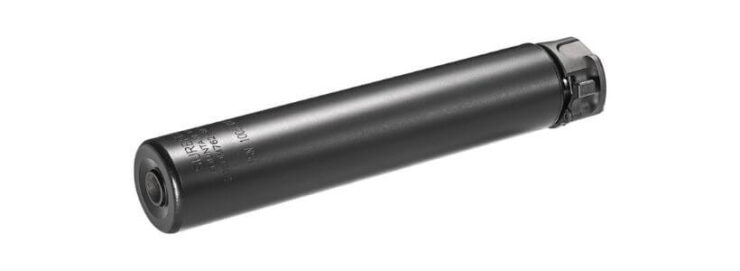
How To buy a suppressor from a dealer, a person must be 21 years of age, a legal resident of the United States, legally eligible to purchase a firearm.Īnyone wishing to buy a suppressor must also reside in one of the 39 states that allows civilian ownership of suppressors. How To buy a suppressor from an individual on a Form 4 to Form 4 transfer, you only have to be 18 years of age (dependent on state law) and a legal resident of the United States, legally eligible to purchase a firearm. Suppressors can be obtained by individuals with or without a Federal Firearms License ( FFL), LLCs, and trusts. If the owner sells the suppressor, a new transfer fee of $200 is incurred by the person purchasing the suppressor. The transfer tax is only paid once if the original owner is the only owner, or the suppressor is willed to a lawful heir and is at least 18 years of age. Today, the tax is more of an inconvenience than a setback, because the value of $200 in 1934 would be the equivalent of $3,200 today. The transfer tax or tax stamp remains the same as it did in 1934. In order to discourage the manufacture of these weapons, a $200 transfer tax was placed on the transfer of firearms defined by the NFA. 

The Act originally set forth to decrease the manufacture, sale, and transfer of weapons that Congress deemed a threat to society in the “gangster” era. Suppressors and fully automatic machine guns both fall under the National Firearms Act (NFA) of 1934. Sounds coming from other areas of the gun, such as the hammer strike and the action cycling, are not quieted by a suppressor.

This allows the gases to cool, reducing the sound that exits the barrel. Instead, they use baffled chambers to trap the gases released when the firearm is discharged. Suppressors don’t completely silence the sound of the muzzle blast. This sound, the muzzle blast, is made when gases used to propel the bullet follow the bullet and exit the barrel. Categorized by the federal government along with firearms, suppressors attach to the barrel of a gun to dampen the sound and flash of gunfire from the barrel. In most states, suppressors are legal to own but subject to rigorous federal government regulation. (Wilson Combat Whisper Suppressor Mounted on a Recon Tactical Rifle)







 0 kommentar(er)
0 kommentar(er)
